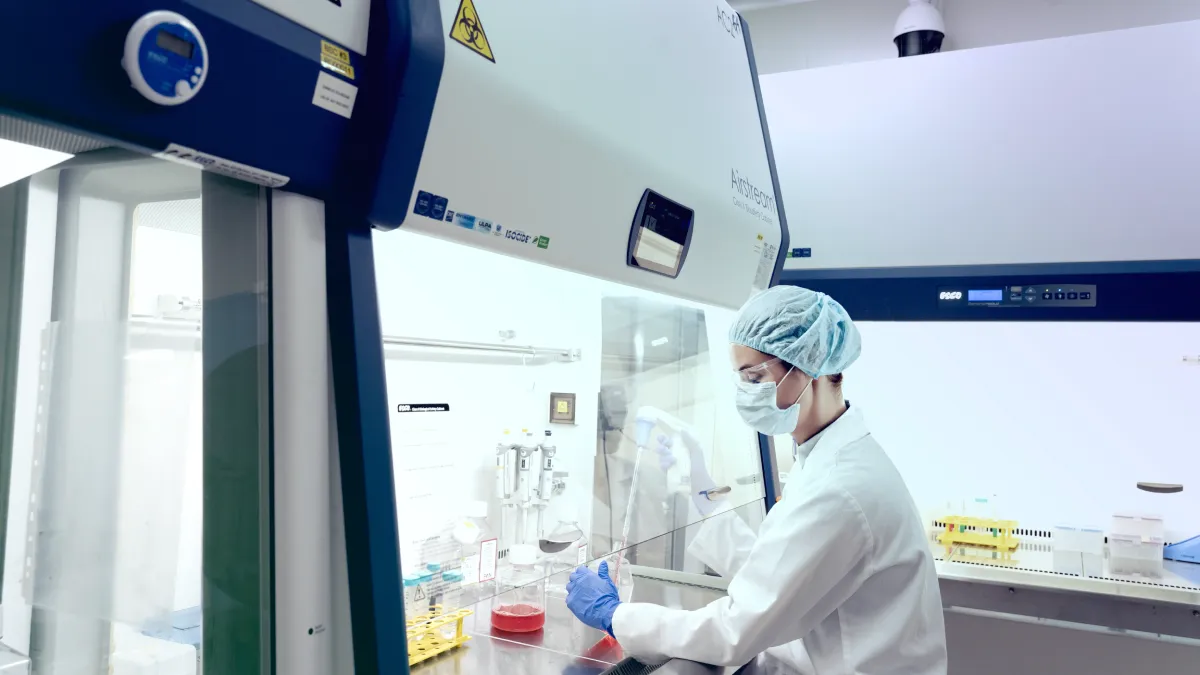Applications
Allogeneic Cell Therapy: A Breakthrough in Bioprocessing and Disease Treatment
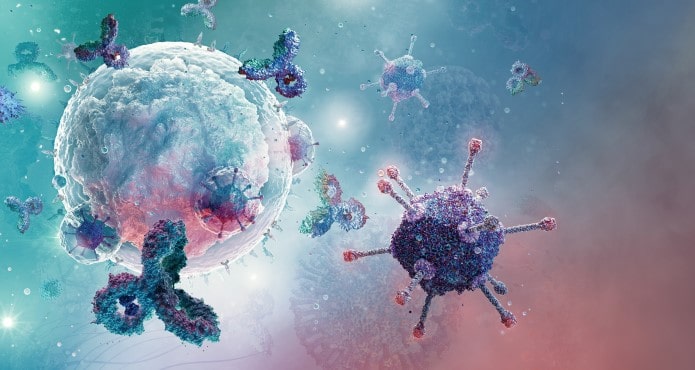
Allogeneic therapy refers to a medical treatment in which cells or tissues are taken from a donor and given to a recipient who has a different genetic makeup. This is in contrast to autologous therapy, in which cells or tissues are taken from the recipient's own body and used for treatment. These therapies are typically used in patients who need to undergo high doses of chemotherapy and radiation to cure their diseases.
It is much more complicated compared to autologous cell therapy, as problems such as donor availability, rejections, and the need for immunosuppression come hand in hand with it. However, with scientific discoveries dedicated to solving these problems, allogeneic cell therapy is a more promising therapy compared to autologous cell therapy because of its sustainability. With the right platform and technological improvements, allogeneic cell therapy can be administered to billions of patients worldwide using cells from a couple of hundred donors only.
Types of Allogeneic Cell Therapy
- Allogeneic stem cell transplantation: This is a type of treatment used to treat certain blood cancers, such as leukemia and lymphoma. In this procedure, healthy stem cells from a donor are transplanted into the patient's body. The transplanted cells then replace the patient's damaged or diseased cells and help restore their immune system.
- Adoptive T-cell transfer: This is a type of immunotherapy used to treat some types of cancer. T-cells, a type of immune cell, are taken from a donor and modified to recognize and attack cancer cells. The modified T-cells are then infused into the patient's body where they can help fight the cancer.
- Donor Lymphocyte Infusion (DLI): This is a type of treatment used after a patient has undergone an allogeneic stem cell transplant. In DLI, immune cells from the original stem cell donor are infused into the patient's body to help fight any remaining cancer cells.
Exploring the Potential of Allogeneic Therapy in Tissue Regeneration and Genetic Disorders
Allogeneic therapy has undergone significant advancements in recent years. Here are some of the major improvements in the field:
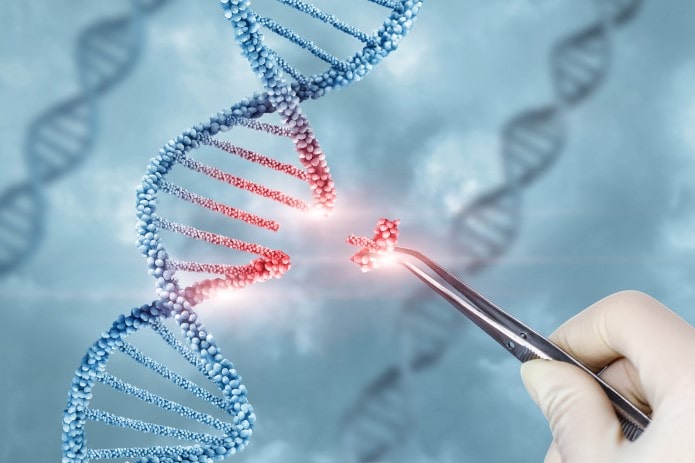
Gene editing: Advances in gene editing technology have made it possible to modify donor cells to improve their efficacy and reduce the risk of rejection. This technology has the potential to improve the success rate of allogeneic therapies and reduce the need for immunosuppressive drugs.
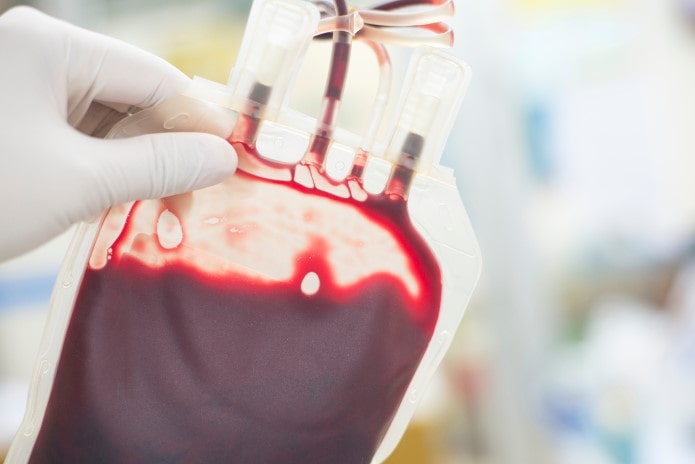
Improved matching: Improved methods of donor matching, such as high-resolution HLA typing and advanced imaging techniques, have made it possible to find suitable donors for more patients, reducing the risk of graft-versus-host disease (GVHD).
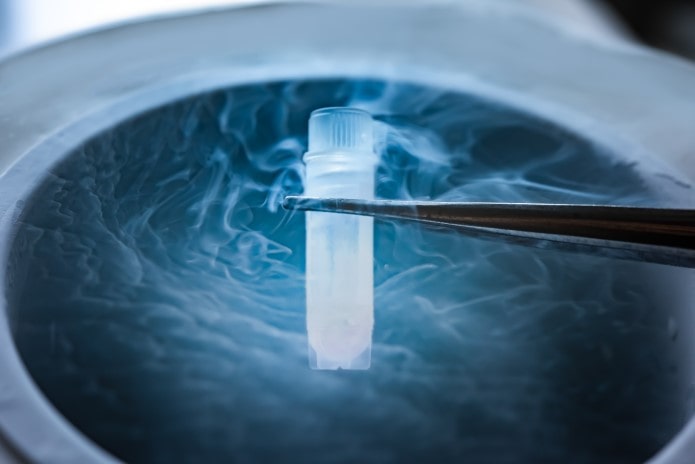
Expanded cell sources: Advancements in cell culture techniques have made it possible to use a wider range of cell sources for allogeneic therapies, including cord blood, peripheral blood, and induced pluripotent stem cells (iPSCs). This has expanded the availability of allogeneic therapies to more patients.
Allogeneic CAR T - Cell Therapy: A Promising Frontier in Cancer Treatment
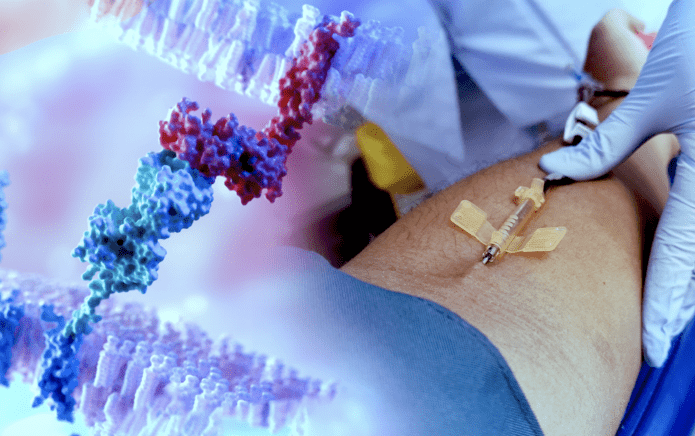
Allogeneic Chimeric Antigen Receptor (CAR) T-cell therapy is a type of allogeneic therapy that involves modifying the patient's T cells to recognize and attack cancer cells. This therapy has shown promising results in treating certain types of cancer, such as leukemia and lymphoma.
These advancements in allogeneic therapy have improved treatment outcomes, reduced the risk of complications, and expanded the range of diseases that can be treated with this approach.
The T cells used in CAR T-cell therapy are modified to express chimeric antigen receptors (CARs) that recognize specific proteins on the surface of cancer cells. These CARs allow the T cells to specifically target and kill cancer cells while sparing healthy cells. When the CAR-T cells are infused into the patient, they migrate to the site of the cancer and begin to attack the cancer cells.
The function of CAR-T therapy in allogeneic therapy is to provide a more effective and efficient treatment option for patients with cancer. The use of donor T cells allows for the production of large quantities of CAR-T cells that can be readily available for treatment. Additionally, the use of allogeneic CAR-T therapy may reduce the risk of infusion-related reactions and GVHD (graft-versus-host disease) compared to autologous CAR-T therapy.
Overall, the function of CAR-T therapy in allogeneic therapy is to provide a powerful new tool for the treatment of cancer that has the potential to improve outcomes for patients with a range of cancers.
Optimizing Allogeneic Therapy Production with Esco Vaccixcell's Tide Motion Bioreactors
Esco VacciXcell offers a platform for the mass production of bone marrow-derived and adipose-derived stem cells, intended for allogeneic cell therapy. This platform begins with the mass production of cells using VacciXcell’s TideXcell™ System. The cells are then harvested using Esco VacciXcell’s TideXcell™ Cell Harvesting System and filled in ready-to-use nested vials, syringes or cartridges using VacciXcell’s AseptiCell™.
Esco VacciXcell’s allogeneic cell therapy platform offers several advantages over other systems such as cell factories and microcarrier technology, including the reduction in space, unit operation, and labor, extremely low shear stress and passage number. Extremely low shear stress is desired, as shear stress causes cell death, while lower passaging is advantageous, as passaging increases the risk of the cells changing their structure and losing their integrity. VacciXcell’s platform can be used to produce a trillion cells (1012) within 3 passages, using only thirteen (13) bioreactor systems in just three (3) hours! A trillion cells is a reasonable number to produce 4,000 doses thereby reducing overall manufacturing costs.
References:
- DelaRosa O, Lombardo E. Modulation of adult mesenchymal stem cells activity by toll-like receptors: implications on therapeutic potential. Front Immunol. 2014;5:386. doi: 10.3389/fimmu.2014.00386. PMID: 25225421; PMCID: PMC4158021.
- Le Blanc K, Ringdén O. Immunomodulation by mesenchymal stem cells and clinical experience. J Intern Med. 2007;262(5):509-525. doi: 10.1111/j.1365-2796.2007.01844.x. PMID: 17900212.
- Liang J, Zhang H, Hua B, et al. Allogeneic mesenchymal stem cell transplantation in seven patients with refractory inflammatory bowel disease. Gut. 2012;61(3):468-469. doi: 10.1136/gutjnl-2011-300083. PMID: 22307113.





